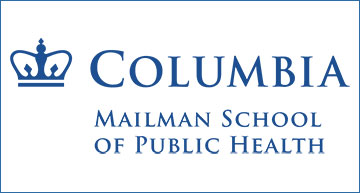
Registration is open! Join us for the next live-stream Single Cell Analysis Boot Camp on July 25-26, 2022.
The Single Cell Analysis Boot Camp is a two-day intensive training of seminars and hands-on analytical sessions to launch students on a path towards mastery of scRNASeq data analysis methods used in health studies.
Summer 2022 dates: Live-stream, online training July 25-26, 2022; 10am EDT – ~5pm EDT
Recently developed methods for scRNASeq analysis focus on the comparison of whole transcriptional profiles to separate hundreds or thousands of single cells into several distinct populations. These methods are largely unsupervised, allowing researchers to explore new and novel populations. Interpreting the biology of these novel populations is challenging and is a major focus of cutting-edge systems biology methodology that can deconvolve the high dimensional data into meaningful components.
This two-day intensive boot camp starts with a fast-paced training session on single cell data collection and basic analysis in the first half-day, then continues with in-depth sessions on advanced methods for phenotyping single cell populations using systems-biology approaches. Led by a team who have invented several of the methods used in network biology and single-cell transcriptome analysis, we demonstrate how to use network models to convert gene expression profiles into protein activity profiles, and how to transfer knowledge between established bulk datasets and novel single-cell data. We expect that, during this hands-on workshop, participants will acquire enough knowledge to plan and perform scRNAseq analyses.
- Gene Expression Analysis of scRNA data (pre-processing, quality control, filtering, normalization)
- Cluster Analysis
- Cell Type Identification
- Regulatory Network Analysis
- Master Regulator Analysis
Investigators at all career stages are welcome to attend, and we particularly encourage trainees and early-stage investigators to participate.




